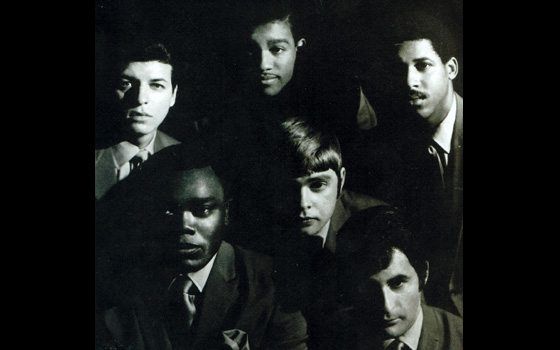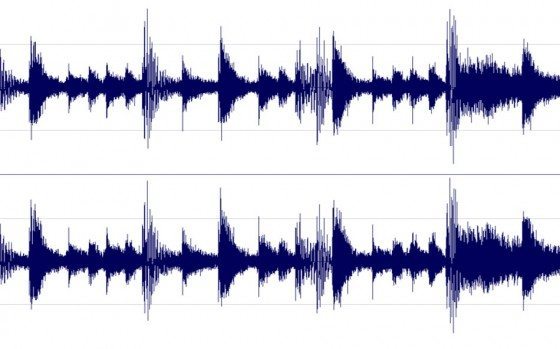Little did G.C. Coleman know that his 5-second drum solo was going to spawn and influence multiple genres of music over the following forty years. In this first edition of DJ History, we are going to roll back the clock, open up DJ class and explore the mysteries of the Amen break, which has became a pivotal part of the dance music landscape.
G.C. Coleman was the drummer for funk and soul outfit The Winstons’. In 1969 they released the single “Color Him Father,” which won the band a Grammy and broad critical acclaim. However, It was the B-side to the hit named “Amen, Brother” that would lead to the future evolution of dance music for decades to come. “Amen, Brother” was a quickly recorded B-side for The Winstons’ debut single.
“We just needed a B-Side in a hurry. I probably rushed the tempo and everything”,
Said Coleman during a 1998 interview. This sample, simply referred to now as the Amen breakbeat (or break), first became popular amongst underground hip-hop DJs of the mid to late 70’s and then again in the mid to late 80’s with the new-found affordability and availability of drum machines and samplers. With this new technology it became easy to extend a break for as long as the producer wanted without having to cut back and forth between two copies of the same song.
THE NEXT GENERATION
Although it’s known for its early use in N.W.A.’s “Straight Outta Compton,” it is believed to have been first dismembered and reprogrammed by 2 Live Crew in their 1987 track “Feel Alright Yall.” However, this was only the beginning. By 1990 U.K. rave culture was exploding, and it was this same deconstruction of the Winstons’ breakbeat that became a staple of what we now know as jungle or drum & bass. The limits of this sample were further pushed to breaking point with the sounds of I.D.M. (Intelligent Dance Music) including Squarepusher’s“Come on My Selector,” Aphex Twin’s “Come to Daddy” and Jega’s “Pitbull”. Although first sampled and re-appropriated illegally, the Amen now gained a quasi-public domain status due to the lack of legal action.
When mentioned to G.C. Coleman years later that his drum solo had precipitated so many styles, he was shocked. Coleman simply replied, “oh don’t tell me that stuff…I’m gonna get a big head.” Unfortunately Coleman passed away in ’06. However, his contributions to music will not go unnoticed, and to that I say, “Amen, Brother”







